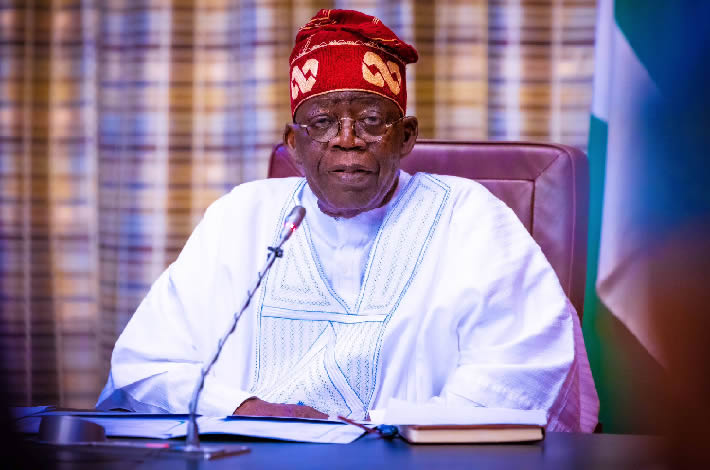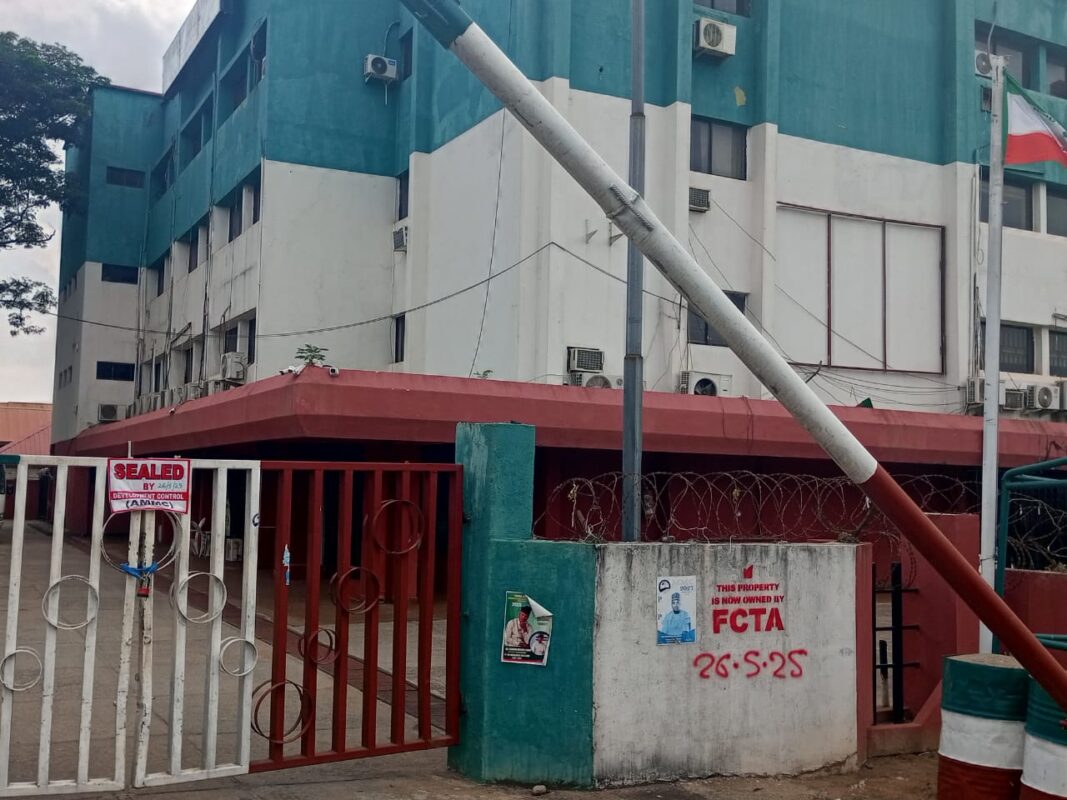2027 Elections: Opposition Must Reject Automatic Tickets for President, Governors, Lawmakers, Says Salihu Lukman
ABUJA – Dr. Salihu Lukman, the former Vice Chairman of the All Progressives Congress (APC) Northwest, has issued a strong declaration regarding the opposition coalition’s strategy for the 2027 general elections. Lukman insists that automatic tickets for any candidate, including the president, state governors, or federal and state lawmakers, must be firmly rejected.
Speaking during an interview in Abuja on Tuesday, Lukman emphasized that fostering genuine internal democracy and ensuring accountability within political parties are critical steps needed to reshape Nigeria’s political landscape ahead of 2027.
Lukman outlined the coalition’s vision for implementing a new political template. This framework, he stated, would prioritize merit and the will of party members over entrenched interests or endorsements that bypass democratic processes.
He stressed that elected officials must be held strictly accountable to both their political party structures and, crucially, the electorate they serve. Lukman warned that the absence of such robust accountability mechanisms significantly undermines the very foundation of democracy in Nigeria.
“Neither the president, governors, nor lawmakers should be granted automatic tickets or endorsements,” Lukman stated unequivocally.
He referenced a past scenario to illustrate the point: “While President Buhari benefited from an automatic ticket during his second term, the fact that it happened in the past does not make it right. If a mistake was made, we must acknowledge it as such.”
Lukman also addressed the often-contentious issue of candidate selection. He strongly insisted that party members must possess the fundamental right to choose their candidates through transparent, democratic processes at all levels.
Looking forward, Lukman revealed plans for the establishment of a blueprint committee. This committee will be tasked with developing a comprehensive strategy for engaging state governments, particularly across Northern Nigeria. The focus will be on tackling pressing socio-economic issues such as poverty, education challenges, and improving governance.
“Our commitment is to approach these challenges differently,” he concluded, “and this must be made clear from the outset.”
Lukman’s stance signals a push within emerging opposition circles for a departure from traditional political practices characterized by imposition and lack of internal party democracy, aiming to build a more credible alternative for the 2027 elections.




